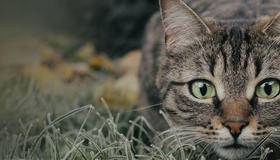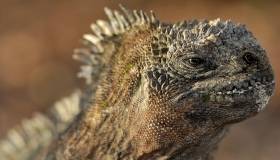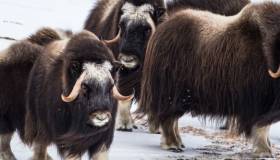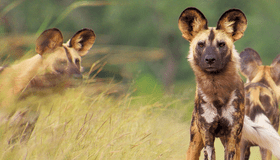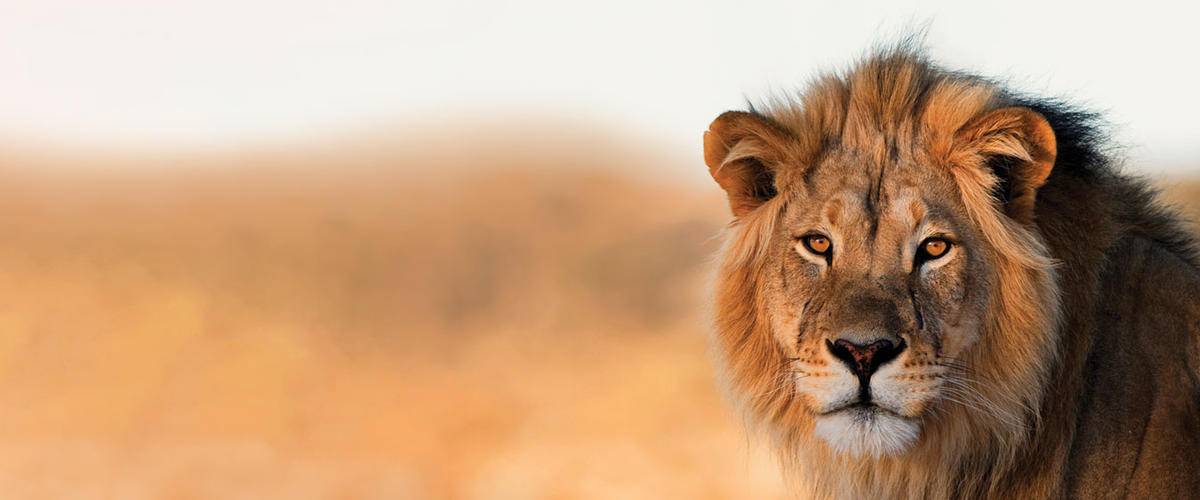
January 18, 2022 – Most domestic cat owners have heard of feline immunodeficiency virus (FIV), a retrovirus similar to HIV and the cause of acquired immunodeficiency syndrome in people. But it might be surprising to learn that FIV is a common viral infection in African lions, with estimates suggesting 50%-83% of lions in some areas are infected.
FIV is spread primarily through bite and scratch wounds, so lions transmit the virus easily. However, unlike their domestic cat cousins, FIV-infected lions are exposed to many other infectious agents, such as parasites, bacteria and viruses, in the wild. Could that combination lead to worse health outcomes for lions?
In a Foundation-funded study, researchers from Oregon State University wanted to learn more about how other disease-causing organisms impacted the health of FIV-infected lions.
The team studied 195 free-ranging lions living in Kruger National Park, South Africa, as part of a larger study on lion health, behavior and demographics. Lions were sedated and given a thorough physical examination, and blood and fecal samples were obtained for further analysis.
The results showed approximately 73% of lions tested positive for FIV, and the team demonstrated that FIV infection had negative effects on nutrient balance, clinical health and immune system function. The team also found changes in hormones and behavior parameters that reflect increased aggression in FIV-positive hosts, which would facilitate virus transfer.
They concluded that coinfection with parasites is similar in magnitude to FIV when it comes to a lion’s overall health.
“This study demonstrated that coinfections are just as important as FIV for lion health,” said Dr. Heather Broughton, Oregon State University, the study’s Principal Investigator. “We especially noted a link between the presence of gastrointestinal parasites and FIV. The parasites seem to alter the immune system in a way that drives progression of clinical diseases associated with FIV infection.”
The team hopes their findings will guide other research projects focused on understanding complex biologic systems and inform management of wild animals.
“Lion populations can and do persist in the presence of FIV, and the association is old and long-standing,” said Dr. Anna Jolles, Professor of Epidemiology at Oregon State University and Dr. Broughton’s fellowship mentor. “But for the individual host, it’s a slow and sly infection that subtly undermines the animal’s functioning and health at many levels. This is the first study to show that secondary infections are just as important as the presence of FIV when we look at health.”

